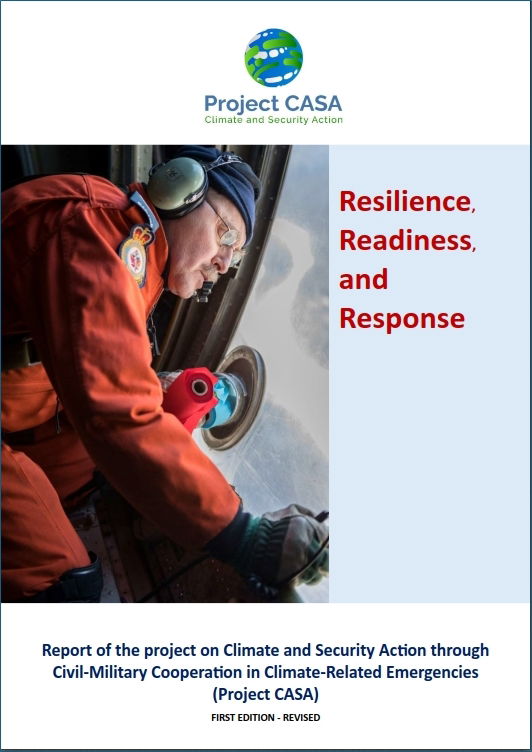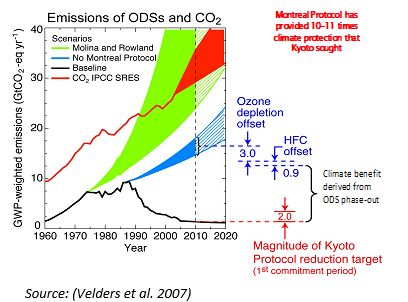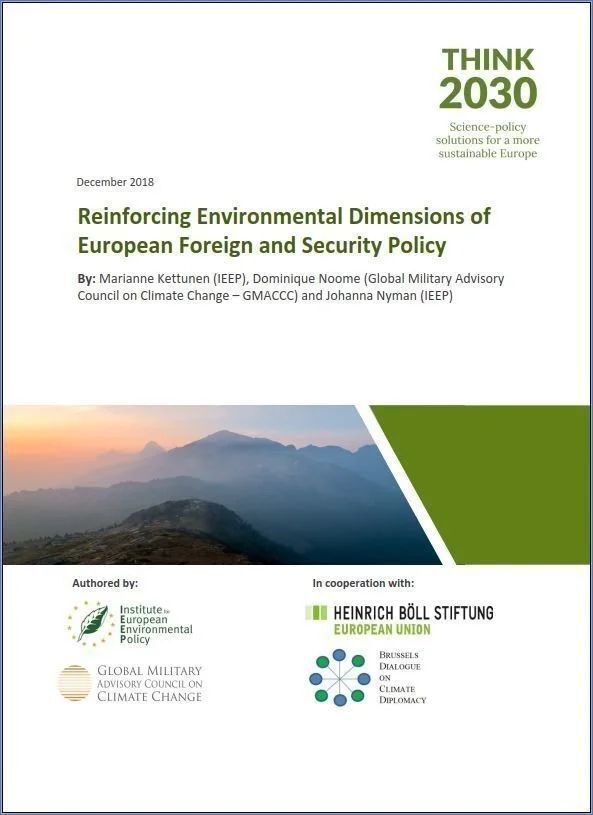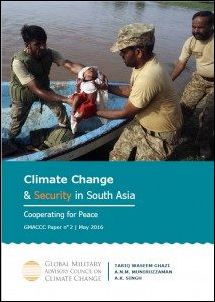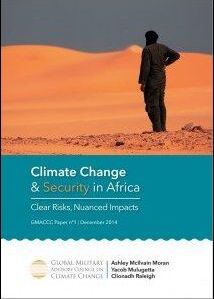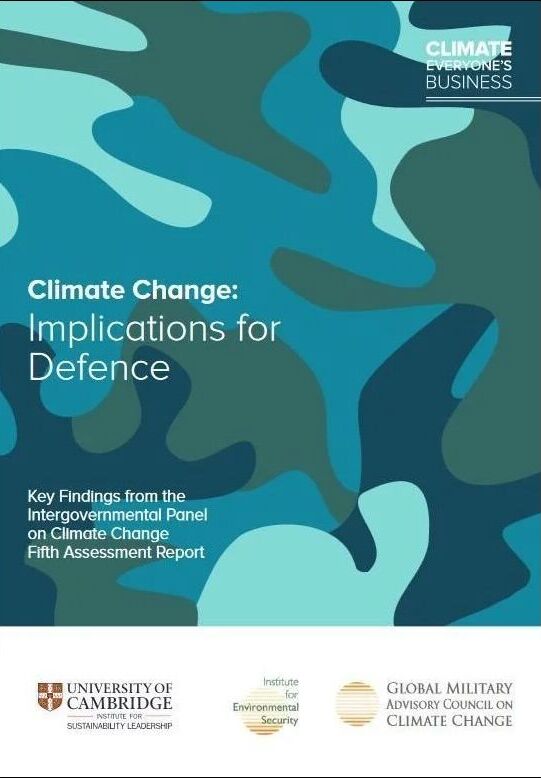GMACCC PUBLICATIONS
This groundbreaking report- Resilience, Readiness, and Response -serves as both a critical resource and a call to action for policymakers and practitioners grappling with climate-worsened disasters. Based on global data collection and country surveys completed by military and government officials and non-governmental experts, the report examines trends in military responses over time, the resources and mechanisms used by militaries, and the onsequences for force structure and readiness.
Read MorePublic and private figures have debated the creation and inclusion of Climate Education in school curriculum. Experts from different areas have contributed to intensifying the debate on the topic, pointing out possible directions for the country's strategic decision-makers. In a simplistic way, one of the main points of polarization in the discussions is that some of the debaters support Climate Education in a “pure and emergency” way and the other part advocates that the topic be addressed in an interdisciplinary and ransdisciplinary manner by the already established Environmental Education. The objective of this brief contribution is to bring some reflections on this debate, showing the option adopted by the Brazilian Army, in the face of the climate issue in the educational area.
Read MoreThis paper recalls and documents the military leadership under the Montreal Protocol, presents indicative case studies of how technical performance of military systems was maintained or improved by adopting newer technologies, and summarizes key lessons from military leadership in protecting the ozone layer. In addition to collaboration on technology development and demonstration, between 1991 and 2009, military organizations from various countries came together to conduct seven workshops specifically to review military ODS uses, share experiences with alternatives, and compare policy approaches to extract and share best practices. Lessons such as this can be applied to developing and adopting technologies that displace the need to emit greenhouse gas while improving the performance of military systems and reducing operating costs.
Read MoreThis paper outlines the environmental dimension of the European security policy and security-related foreign policy and discusses how the integration of environmental concerns into this policy framework could – and should – be improved to support the delivery of the 2030 Sustainability Agenda, both in the EU and globally.
Read MoreSouth Asia is on the front line in confronting the implications of climate change and addressing the consequences for security. Climate change could undermine peace and security in South Asia - a region which is already politically unstable and particularly vulnerable to further impacts. Rising temperatures, floods and irregular rain patterns will hit particularly hard in Bangladesh, India and Pakistan, and are expected to exacerbate livelihood insecurity in the region.
Read MoreThis paper addresses links between climate patterns and conflict in Africa in order to raise awareness of present and emerging climate-related risks in the region. The December 2014 publication focuses on climate-related stability factors in Mali, Darfur and South Sudan – including food security, migration. The key messages in this report include the point that because climate change does not impact conflict directly, policy responses can potentially prevent the adverse impact that climate change has on security outcomes like conflict. Government policies on food distribution, migration, land and water use, natural resource management, adaptation aid distribution, and any number of other issues impact how their populations experience climate change and thus the grievances that conflict actors may leverage to drive conflict.
Read MoreThis paper reviews the ways climate change is challenging global security and the role the military can play in addressing that challenge. The June 2014 publication is based closely on the Fifth Assessment Report from the Intergovernmental Panel on Climate Change, a comprehensive and relevant analysis of our changing climate.
Read More